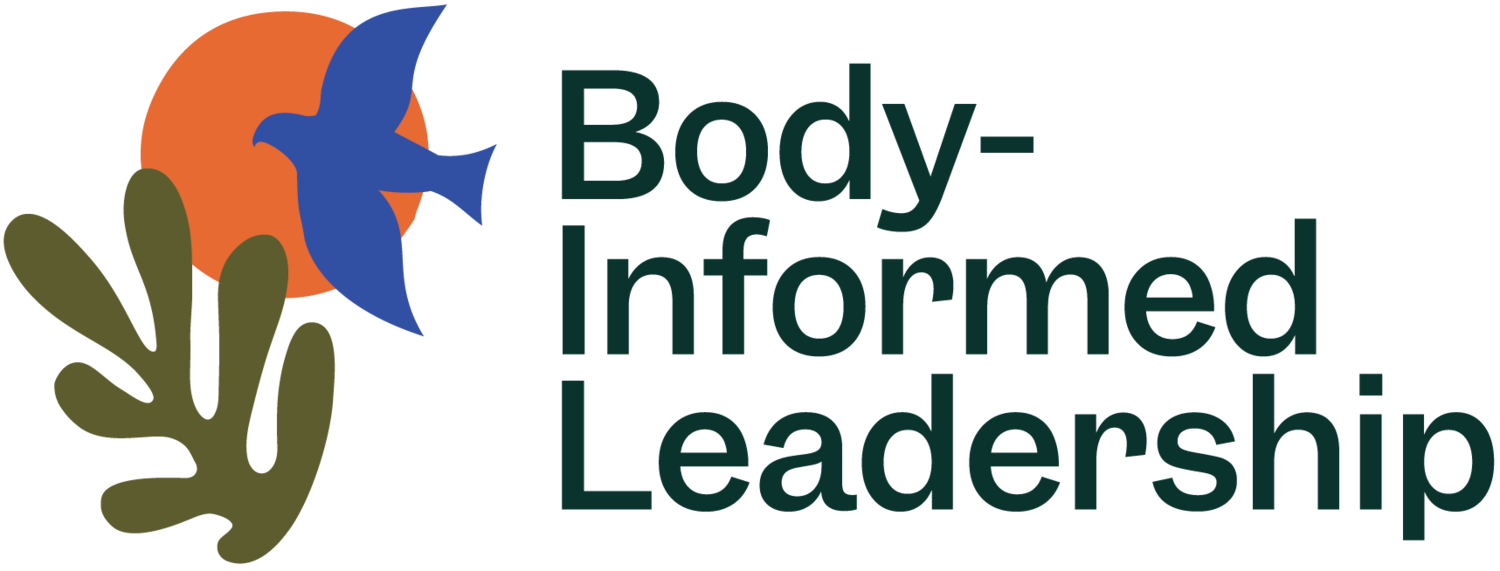What’s a ‘Body-Informed Leadership Practitioner’
Body-Informed Leadership Practitioners are group facilitators, coaches, and culture-shapers of all kinds who engage an embodied relational skillset at the very heart of their practice in order to partner with complexity, challenge outworn dynamics, and potentiate a more just, joyful, and interconnected world.
To achieve Level 1 BILP certification, a practitioner must have an existing leadership practice, and additionally have successfully completed 25 instructional hours, 30 embodied relational practice hours, and 20 personal practice hours in an approved BIL programme.
More About the BILP Skillset
BILPs have a firm grasp of the scientific and cultural frameworks that inform the field of Somatics. They are versed in a range of verbal and embodied tools that enable them to evoke and engage with the somatic dimensions of a group’s experience; and, they have explored what it means to use these tools responsibly, ethically, and effectively. They can clearly articulate how their somatic skillset intersects with other areas of specialisation they may have (eg. in group process and facilitation, in organizational development, in education, in activism, etc), and can switch between modes in a context-appropriate way.
BILPs speak the body’s creative and expressive language of emotion, sensation, and image. They are able to connect with these forces in themselves and in groups, to invite them to move and have a voice, and to work with them in service of a group’s learning and development. They understand how these embodied elements inter-relate to form a connective container for a group, which either enables or disables its relationship to complexity, the unknown, and the emergent. They help groups build the capacity to draw from what is sensed as well as from what is known to steer their course forward.
BILPs are deeply committed to justice. They have studied the dynamics of privilege, power, and difference and understand how they can manifest destructively in Western cultures. They have reckoned with the somatic roots of inequality and the ways they show up in their own lineages, in their present-moment experience of embodiment, and in the groups they support. And, they have explored more life-bringing frameworks for power, complexity, and difference, as well as the somatic and relational resources required to enable their own embodied system – and the embodied system of the groups they work with – to function in more creative and liberatory ways.
Fundamentally
BILPs are oriented by a sense of possibility and radical love. Their training enables them to bring their full presence to the people and groups they support, and gives them a powerful and unique perspective on how to nurture the joyful dance of improvisation that lives at the heart of our human endeavors.
